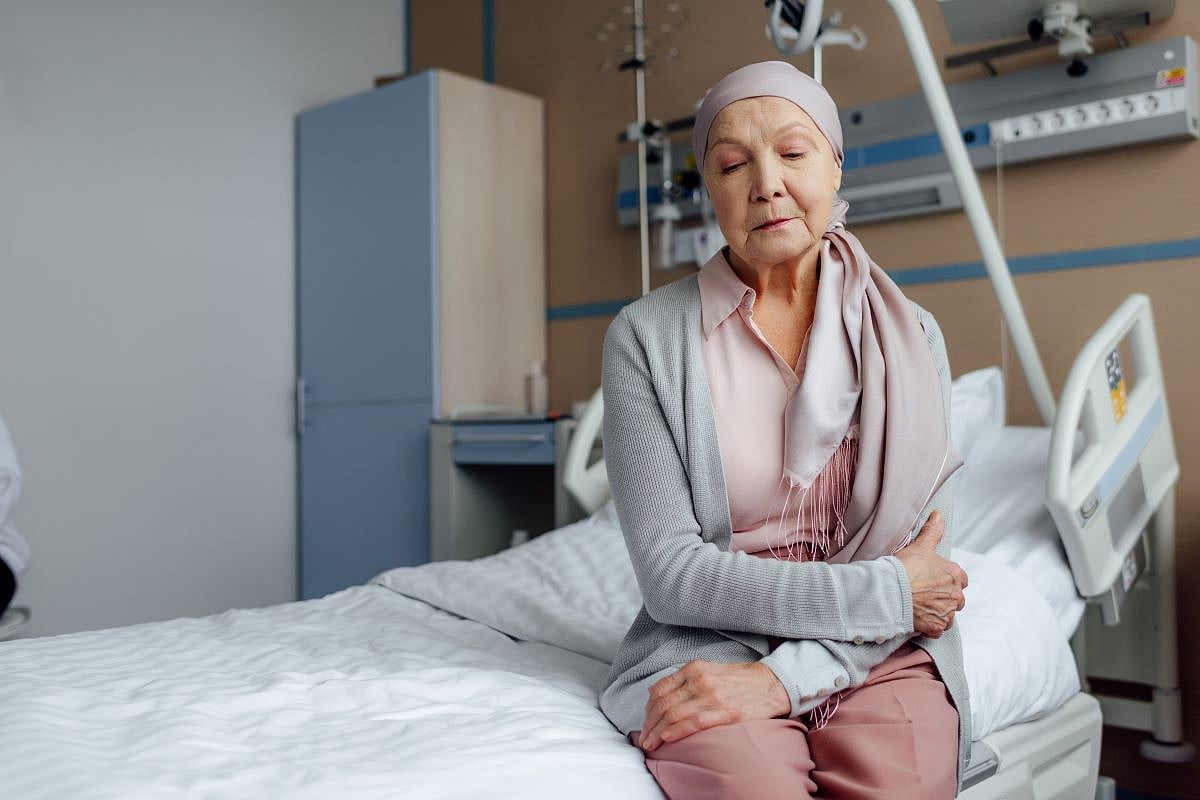Older patients have divergent immune phenotypes at baseline that persist during immune checkpoint inhibitor therapy
By Elana Gotkine HealthDay Reporter
TUESDAY, April 29, 2025 (HealthDay News) — Patients with cancer aged 65 years and older receiving immune checkpoint inhibitors (ICIs) derive similar clinical outcomes as younger patients, according to a study published online April 21 in Nature Communications.
Chester Kao, M.D., Ph.D., from Johns Hopkins University School of Medicine in Baltimore, and colleagues analyzed prospectively collected blood samples from 104 patients with cancer receiving ICIs to examine how the aged immune system affects ICI cancer therapies.
The researchers found that 54 patients aged older than 65 years had similar clinical outcomes to 50 younger patients. Divergent immune phenotypes were seen in older patients at baseline that persisted during ICI therapy, including reduced cytokine responses and reduced pools of naive T cells with increased relative expression of immune checkpoint molecules that were not seen in younger patients; older responders had more robust effector T cell expansion compared with older nonresponders.
“Although the overall clinical benefit of ICI treatment is maintained in aged patients, the divergent immune features observed in this study [imply] that tailored combination approaches may be needed to improve ICI outcomes for aged versus younger cancer patients,” the authors write.
Several authors disclosed ties to the biopharmaceutical industry.
Copyright © 2025 HealthDay. All rights reserved.








